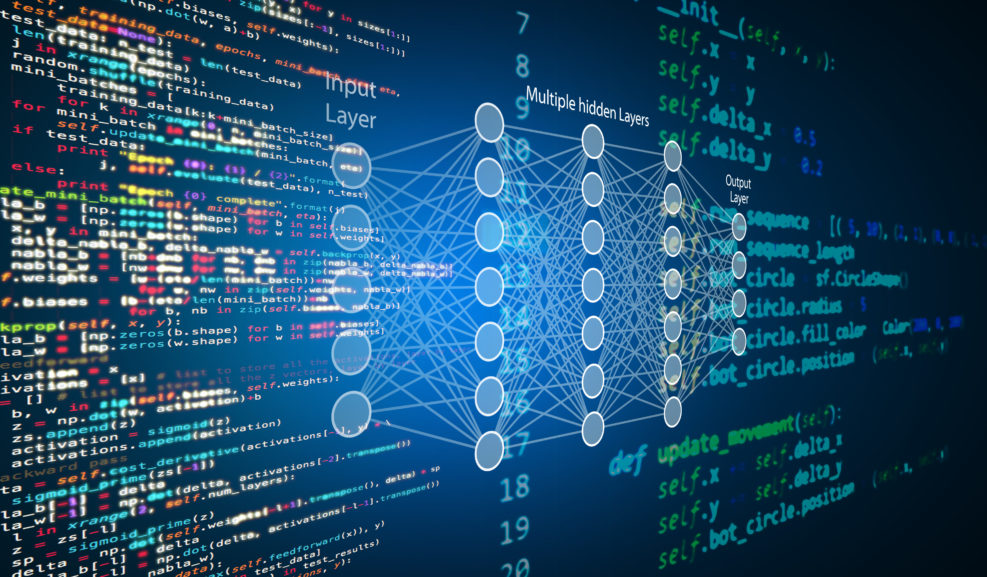
Revisiting “Non-Computable You”
New podcast episode reviews the key ideas and insights of the book "Non-Computable You"If you’re a regular reader of Mind Matters, you’ve probably heard us applaud and discuss the book by computer scientist and professor Robert J. Marks, Non-Computable You: What You Do That Artificial Intelligence Never Will. The book is well worth reading and sheds much needed insights on our current technological moment where AI is either seen as the “greatest thing ever” or the tool that will enslave and destroy humanity, Terminator style. However, if you’re more of an audiobook kind of person, maybe you’ll just want to listen to a new podcast episode in which Dr. Marks discusses the key themes of his book with various hosts. You can listen to the podcast or download it for free here: Why Read More ›


















